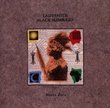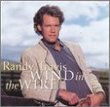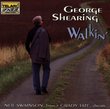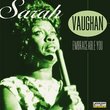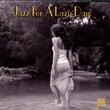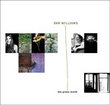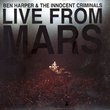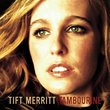| All Artists: Thad Jones Title: Magnificent Thad Jones (Reis) Members Wishing: 3 Total Copies: 0 Label: Blue Note Records Original Release Date: 1/1/2007 Re-Release Date: 9/18/2007 Album Type: Original recording remastered Genres: Jazz, Pop Style: Bebop Number of Discs: 1 SwapaCD Credits: 1 UPC: 094639276820 |
Search - Thad Jones :: Magnificent Thad Jones (Reis)
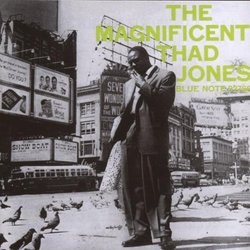 | Thad Jones Magnificent Thad Jones (Reis) Genres: Jazz, Pop
No Description Available. Genre: Jazz Music Media Format: Compact Disk Rating: Release Date: 18-SEP-2007 |
Larger Image |
CD DetailsSynopsis
Product Description No Description Available. Genre: Jazz Music Media Format: Compact Disk Rating: Release Date: 18-SEP-2007 Similarly Requested CDs
|
CD ReviewsThe title tells it all Jazzcat | Genoa, Italy Italy | 10/19/2007 (5 out of 5 stars) "Here the title tells it all for real, because Thad Jones is no less than Magnificent, here as in every album of his. Thad recorded this one in 1956 with Billy Mitchell (tenor), Barry Harris (piano), Percy Heath (bass), Max Roach (drums), Kenny Burrell (guitar on just one tune, the closing number "Something to remember you by" which is a duet between him and Thad). This album has been available recently only in the expensive japanese edition, but finally Blue Note has released it in the Rudy Van Gelder series. It was a duty because it's an exceptional album. I can't understand how they decided to put it out of print once. Thad plays effortlessy and brilliantly here with a fantastic "classic" sound stating melodies and phrases with an attitude, an easyness and a conviction few could match (or come close to say it better). His melodic sense and his balance in his solos are marvellous. Not to mention his fabolous sound. I really dig Barry Harris's boppish but lovely piano playing (listen closely to him in "I've got a crush on you", an incredible taste). He was on his NY recording debut. Wonderful are the ten minutes of the melodic speeder "Thedia". This is really one of the best albums of the era. A statement of what Jazz refinement is all about. Magnificent. Blue Note, don't ever think to offend Jazz again by putting this one Out Of Print again." Essential Bebop Trumpet J. Rich | 11/30/2008 (5 out of 5 stars) "I've been a fan of trumpeter Thad Jones for years. I became a bigger fan of his when I heard him on the Count Basie album "The Kansas City 7." For anyone who hasn't heard that recording please pick it up, you won't be sorry. Thad Jones, who is the brother of Elvin Jones and Hank Jones, is probably more known for his collaborations with Mel Lewis, but I have to say that anyone interested in this fine trumpeter should look into his solo recordings. He didn't do that many albums as a leader, but all are worth owning. "The Magnificent Thad Jones" is my favorite record by him. He assembled a swinging group of musicians: Billy Mitchell on tenor saxophone, Barry Harris on piano, Kenny Burrell on guitar, Percy Heath on bass, and the impeccable Max Roach on drums. This band bops it through 5 tunes and 2 bonus tracks. Not a dull moment here. Highly recommended." "Magnificent" is true. Gaylen Halbert | Weimar, California United States | 04/29/2009 (5 out of 5 stars) "I listen to and own a lot of jazz albums, especially from the era this was recorded. This is an exceptionally good CD and well worth the purchase for any serious collector of jazz."
|

 Track Listings (7) - Disc #1
Track Listings (7) - Disc #1